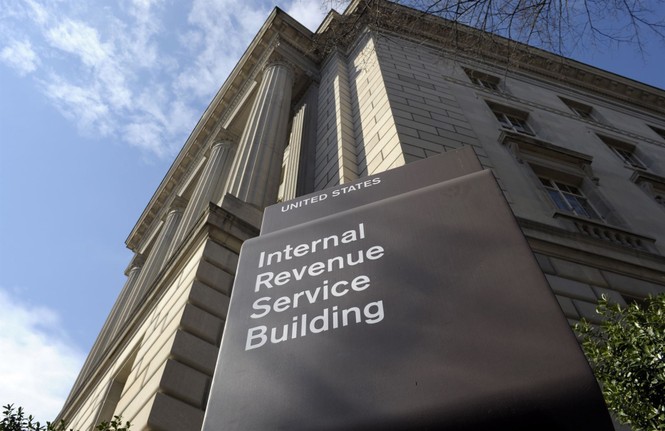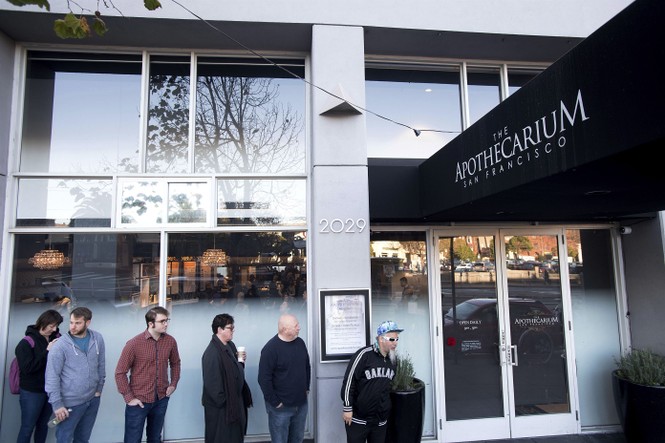On December 20th, the House agreed to the Senate's amendment on the Tax Cuts and Jobs Act. The Senate passed the bill 51-48, with votes cast strictly along party lines.
When talking about the Tax Cuts and Jobs Act, commonly referred to as the GOP tax reform bill, the average person is left wondering, "How does this impact me and my family?"
Here, we break down the most vital aspects of the law and how things will change for you for the better.
Individual Tax Reform

The Tax Cuts and Jobs Act amended the Internal Revenue Code to reduce individual Americans' tax burden.
Existing tax brackets were replaced with new brackets and specify the income levels that apply for each bracket.
Here's how the brackets changed:
• 10 percent stayed at 10 percent.
• 15 percent dropped to 12 percent.
• 25 percent dropped to 22 percent.
• 28 percent dropped to 24 percent.
• 35 percent stayed at 35 percent
• 39.6 percent dropped to 37 percent.
The new tax brackets for single filers, according to Business Insider, are as follows:
• 10 percent: $0 - $9,525
• 12 percent $9,526 - $38,700
• 22 percent $38,701-$82,500
• 24 percent $82,501- $157,500
• 32 percent $157,501- $200,000
• 35 percent $200,0001- $500,000
• Standard deduction is $12,000.
• Personal exemption is eliminated.
The new tax brackets for joint filers are as follows:
• 10 percent: $0 - $19,050
• 12 percent: $19,051 - $77,400
• 22 percent: $77,401 - $165,000
• 24 percent: $165,001 - $315,000
• 32 percent: $315,001 - $400,000
• 35 percent: $400,001 - $600,000
• 37 percent: $600,000 or more
• Standard deduction is $24,000.
• Personal exemptions are eliminated.
Recommended
Tax Benefits for Individuals and Families

The Tax Cuts and Jobs Act temporarily increases standard deductions beginning in 2018.
Here's how those deductions have changed from 2017:
• $24,000 for married filing a joint return, as opposed to $12,700 for fiscal year 2017.
• $18,000 for head-of-household, as opposed to $9,350 for fiscal year 2017.
• $12,000 to single taxpayers, as opposed to $6,350 for fiscal year 2017.
The child tax credit is also temporarily modified to increase to $2,000 per child under the age of 17, as opposed to $1,000 per child for fiscal year 2017.
There is also a $500 nonrefundable credit for each dependent who is not under the age of 17.
Both credits, however, are phased out for individuals with an annual gross income of $400,000 for married couples and $200,000 for individuals.
Small Business Reforms

The tax reform bill will have a significant impact on small business owners. Here's what the bill does:
• Increases the maximum amount a taxpayer may expense per year to $1 million. The limit is currently $500,000.
• Increase the phaseout threshold for a business' property during the year to $2.5 million. The limit is currently $2 million.
• Revises the definition of qualified real estate property eligible for expensing. Property remodels and improvements, such as fixing roofs, heating and air conditioning, alarm systems and fire protection, are now included.
• Revises the definition of qualified personal property used primarily to furnish lodging.
Business Provisions and Deductions

Under the amendment, business owners are allowed to deduct 20 percent of qualified business income. To qualify, individuals must have income from a partnership, S corporation or sole proprietorship that is currently taxed based on individual income tax rates.
The Tax Cuts and Jobs Act also limits the amount that an individual can deduct from their taxes. That threshold is $157,500 for an individual or $315,000 for a couple.
Lastly, the tax reform bill significantly reduces the corporate tax rate from a maximum of 25 percent to a flat rate of 21 percent beginning in 2018.
A Booming Economy

Because of the change in tax brackets and income levels, workers across the nation are seeing larger paychecks.
Despite what Democrats think, every little penny helps the average American. To us, it's not "crumbs," it's survival.
People are thankful that their hard work is paying off. They finally have something to show for it.
For some people, that's an entire rent payment.
In addition to workers seeing more of their hard-earned money in their paychecks, a number of companies also announced bonuses.
The best part about the average American sharing their tax reform success? It gives the opportunity for people like Nancy Pelosi, who thinks we're getting "crumbs" to be put back in her place.
Senate Majority Leader Mitch McConnell (R-KY) said it best when he delivered remarks on the Senate floor on February 6th:
We’ve been talking for weeks about the millions of Americans who are already benefiting from tax reform. Already, millions of workers have received a tax reform bonus, pay increase, or other benefit.
I understand that a 1,000-dollar, 2,000-dollar, or 3,000-dollar bonus might not seem like much to my colleagues from New York or San Francisco. I understand why people who are already very wealthy might agree with my friends the House and Senate Democratic Leaders, who’ve said that these bonuses and benefits are merely, quote, ‘crumbs.’
But I can assure them -- the working families I represent do not see a permanent raise or a multi-thousand-dollar bonus as ‘crumbs’ to sweep off their table. In millions of households, thanks to tax reform, paying the bills has already gotten a little less painful. Planning for the future has already gotten a little easier.
And this is just the beginning. Soon, millions and millions more Americans will see the impact of tax reform in their paycheck. IRS withholding is going down, take-home pay is going up, and families everywhere will be keeping more of their own hard-earned money. This is great news for middle-class Americans. So why are my Democratic friends afraid to acknowledge it? The reason is simple: Every single one of them voted against tax reform.
Every Democrat in the House and in the Senate voted against these new benefits for American workers. Every one of them voted against a pay raise for the 90 percent of American workers who, according to a Treasury Department estimate, are about to see their take-home pay go up. I don’t envy their position. I don’t envy having to explain why they voted to keep more money in Washington rather than give their constituents a raise.
Touting the Change

President Donald Trump and Republicans in Congress have touted their tax reform bill's success, citing an increase in jobs, a drop in unemployment, and the ability for cash flow to stimulate the economy, once again.
During an interview with WTAQ's John Mercure in October, Speaker Paul Ryan explained why the GOP's tax reform bill is a necessity for the average American:
The point of tax reform is to make the code simpler and to lower people's tax rates and increase people's take-home pay. It's all about getting bigger paychecks, it's all about fairness and simplicity...doubling the standard deduction means more people don't have to itemize their deductions and they can fill out their taxes on a tax form the size of a postcard. And so it just dramatically simplifies the tax system for everybody so that tax day is an easy thing.
During an event at Sheffer Corporation in Blue Ash, Ohio on Feb. 5, President Trump explained how Americans are seeing an immediate impact:
I had a great success with my father. I was a young success. And, you know, if I didn't have a success, maybe I would have gone and just done something else. Who knows? But I spent a lot of time in this state and a lot of time in Cincinnati, and I love it.
And what I really want to do -- and come here and give something very big back. And that's tax cuts, I signed into law. Your paychecks are going way up. Your taxes are going way down. And right now, for the first time in a long time -- and you've seen it -- factories are coming back. Everything is coming back. They all want to be where the action is America is once again open for business. Right?
And this, my fellow Americans, is how we're going to Make America Great Again. One 'crumb' at a time.
























Join the conversation as a VIP Member